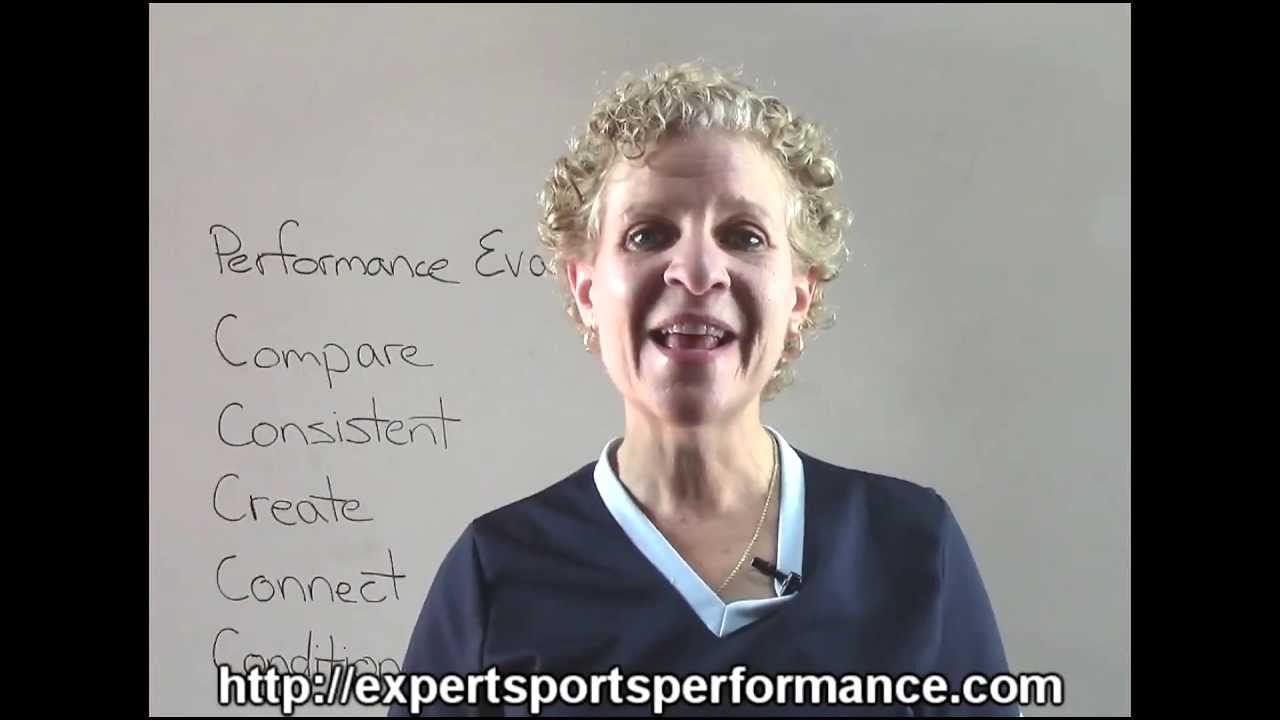Receive your FREE Training on the 7 Essential Steps to Boost Your Performance. Follow these mindset strategies to improve your performance.
Self assessment tool
Judgment, evaluation and assessment are an ongoing process. From your first competitive season to the end of your competitive career, you’re performance is constantly monitored. Coaches measure individual as well as overall team progress. Elite athletes take it a step further by completing a self assessment. It’s an additional tool to gage performance strengths and weaknesses, offering valuable feedback.
Sports assessments emphasize speed, strength and technique. Look at one and you’ll notice a detailed, lengthy checklist. Tennis players are graded on the distinct details of net play, serves and movement. Soccer coaches assess their players for passing, receiving and shooting.
Assessment gap
The assessments I reviewed heavily favor the physical game. That makes sense since most training programs emphasize physical training. An assessment that solely focuses on physical training reflects the team coach’s bias.
Those coaches miss the big picture. Mental game training prepares athletes to perform consistently under all conditions. You can’t show up to a competition hoping to be clutch when you never practiced for it. Personal experience proves that pressure-filled moments increase the odds of choking.
Mindset self assessment
Optimal performance stems from optimal preparation. I strongly encourage you to drill in mental game strategies by training for pressure.
Here are 5 reasons for a mindset self assessment:
1. Compare. When you and your coach complete a mental game assessment of you then you can quickly compare to see where there’s agreement and disagreement.
2. Consistent. Do the self assessment on a regular basis. It can be monthly or at the beginning and end of each season. It gives you concrete feedback on areas where you’ve improved.
3. Create. What you help to create succeeds. Your input matters. Identify your strengths and weaknesses then develop the mental game training plan.
4. Connect. See the connection between your performance and your mental game. You’ll soon recognize how your mindset influences your performance.
5. Condition. Recognized behavior gets repeated. Strength conditioning your mental game pays off.
I’ve created a complimentary mindset self assessment for you.
Develop a baseline at the beginning of the season and then use the self assessment again at the end of the season to see where you’ve made gains.
Don’t rely solely on memory to evaluate your progress this season. You’ll notice how a stronger mindset impacts your overall performance. Use the self-assessment tool to measure your mental game. Then share the link for the self assessment with your teammates.

